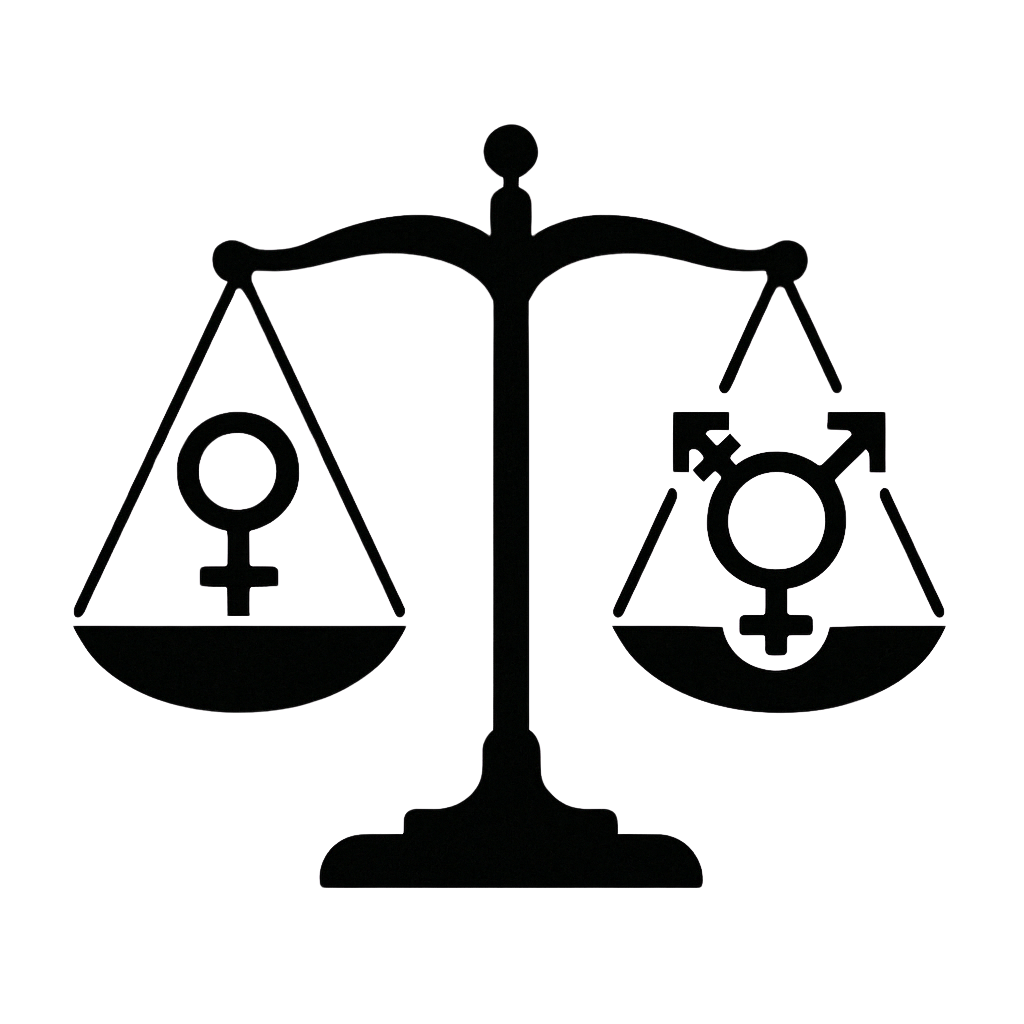
Is AI Quietly Rewriting Old Agendas? The Risk of Digital Inequality and Tech-Driven Eugenics
Artificial intelligence is reshaping society, but is it also reinforcing inequality? Explore how AI, bias, and tech-driven pronatalism...
The Promise and Peril of AI
AI is transforming how we live, work, and connect. But beneath the gleaming promises of innovation lurks a critical question: Is technology quietly reinforcing outdated, harmful ideologies under the veneer of progress?
The Hidden Biases in Our "Neutral" Systems
Inclusion and equity are often framed as human challenges, but they have increasingly become technological ones. Artificial intelligence now influences critical decisions across healthcare, recruitment, policing, and even fertility. The fundamental problem? AI systems learn from historical data shaped by centuries of inequality, bias, and exclusion. Unchecked, these systems do not just reflect past injustices. They amplify them.
We're witnessing AI tools replicate and intensify racial and gender biases: healthcare algorithms that demonstrably offer lower-quality care to Black patients; language models that revive discredited myths about biological differences; and hiring tools that penalise candidates from marginalised backgrounds. This isn't accidental. It's the inevitable result of building technology without critically examining the values embedded within it.
From Algorithmic Bias to Digital Eugenics
Even more concerning is the growing trend of pronatalism among tech elites. Influential figures are increasingly advancing narratives about population decline and the supposed need to "preserve" certain genetic traits. When coupled with rapid advances in genetic technology and AI-driven embryo selection, we are edging dangerously close to a digital form of eugenics, repackaged as consumer choice and technological progress.
This matters profoundly because technology doesn't operate in a vacuum. Every algorithm reflects the priorities of those who design it and the systems it's built to serve.
Without deliberate intervention, AI will continue to privilege the already powerful while further marginalising those historically excluded.
Questions That Demand Answers
At Diversity Scotland, we recognise this as part of a broader pattern. Whether examining AI systems, recruitment practices, or public policy, the same critical questions apply:
- Who has a seat at the table when decisions are made?
- Whose experiences and identities are valued in the design process?
- Who bears the risks and consequences when systems fail?
Technology should function as a tool for inclusion and empowerment, not as a mechanism for perpetuating structural inequalities. We must challenge the dangerous myth that AI is neutral; it isn't. Every algorithm carries human choices and values, some conscious, many unconscious.
Why This Conversation Cannot Wait
As AI continues to reshape society's foundations, we must ensure it aligns with principles of equity, justice, and human dignity. This requires rigorous ethical scrutiny, genuinely diverse voices, and meaningful accountability at every stage of development.
If we ignore these imperatives, we risk allowing yesterday's prejudices to not only persist but to become encoded into tomorrow's world, often in ways more difficult to identify and challenge.
The path forward is not about rejecting technological advancement. It is about demanding that innovation serves everyone, not only the privileged few.
Ethical, inclusive technology is not a luxury. It is a responsibility.
If we want a future built on justice and equity, we must start by asking how our tools are shaping that future, and who is being left behind.


.svg)

